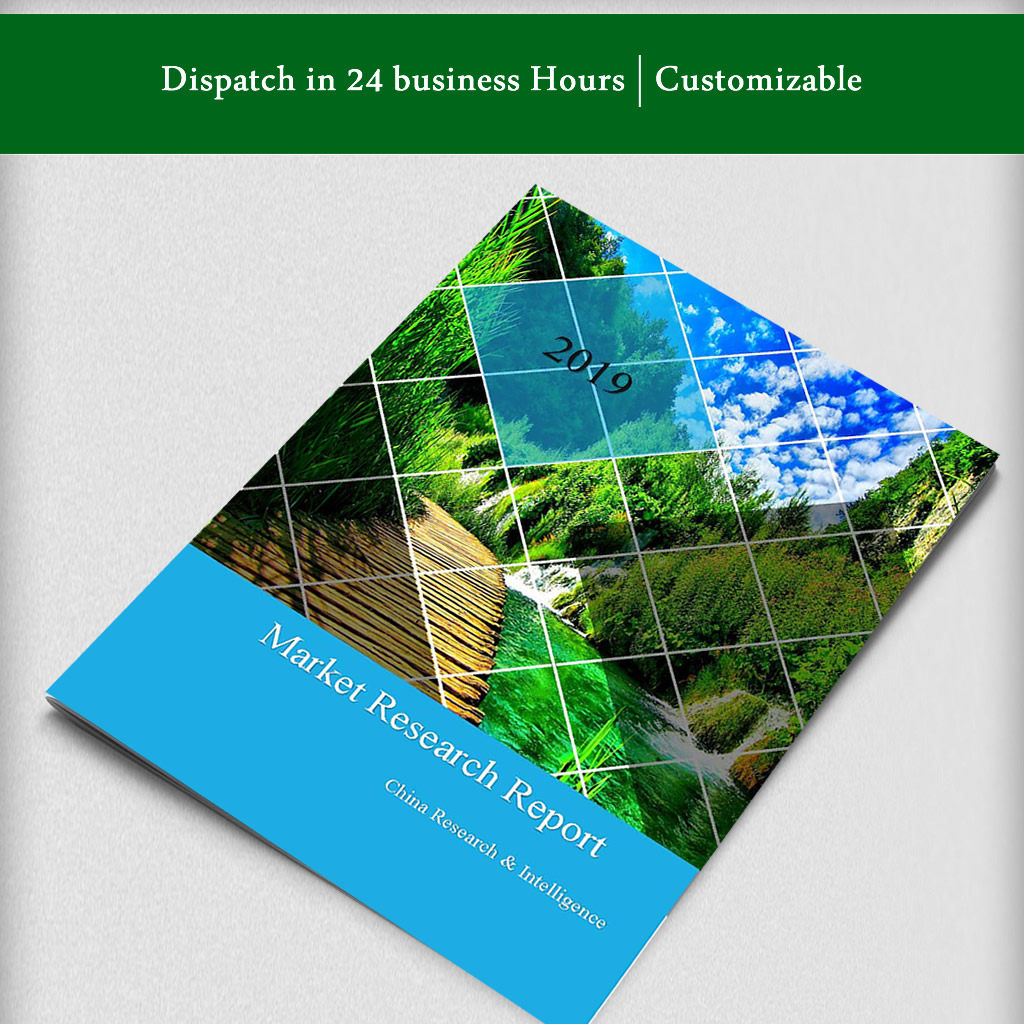Description
Market Analysis
With the increasing problems of malnutrition and poor health, it has become very much important for people to get hold of the best dietary supplements. These supplements are consumed to increase the level of consumption. These supplements have biological benefits if consumed regularly. The supplements generally include those substances that are beneficial to health, like fiber, amino acids, minerals, vitamins, fatty acids, and other substances. The global dietary supplements in the age of personalized nutrition market are expected to grow at a CAGR of 6.90% during the forecast period 2017-2023.
One of the main driving forces that are affecting the growth of this market is an individual lifestyle and changing food habits of the people. Fluctuation in the nutrition content of the food is also another factor that is affecting the market. In the age of personalized nutrition, the dietary supplements are considered to be the major reasons for drastic changes in the healthcare sector due to its ability to offer one with improvised drug delivery system along with better patient care or individual treatment process. Advancements made in the preparation of the dietary supplements along with the superior drug formulation processes is expected to uplift the global dietary supplements in the age of personalized nutrition market.
Market Segmentation
The global dietary supplements in the age of personalized nutrition market are categorized on the basis of its product category, gender, application, end user, dosage form and regional demand. Based on its product category, the market is segmented into herbs & botanicals, vitamins, sports supplements, minerals, meal supplements, and others. Based on its gender, the global dietary supplements in the age of personalized nutrition market is segmented into male and female. On the basis of its application, the global market is classified into lifestyle diseases, genetic predispositions, inherited diseases, and others. On the basis of its dosage form, the market is sectioned into tablets, powder, soft gels, capsules, liquids, and others. Based on its end users, the market is divided into home care, hospitals & clinics, and others.
Regional Analysis
Geographically, the global dietary supplements in the age of personalized nutrition market are divided into global regions like Europe, North America, Asia- Pacific, Middle East, LATAM, and Africa.
Major Players
Some of the major players in the global dietary supplements in the age of personalized nutrition market include companies like Nestlé Health Science, Carlyle Group, Danone Nutricia, Amway (Nutrilite), Abbott Laboratories, Archer Daniels Midland, Herbalife International, Danisco, Amway, Glanbia, GlaxoSmithKline plc, Pfizer Inc., Bayer AG, Balchem Corporation, Bactolac Pharmaceutical Inc., Natures Product Inc., among others.


